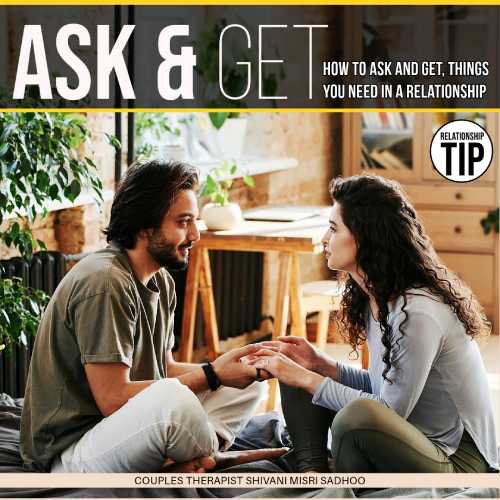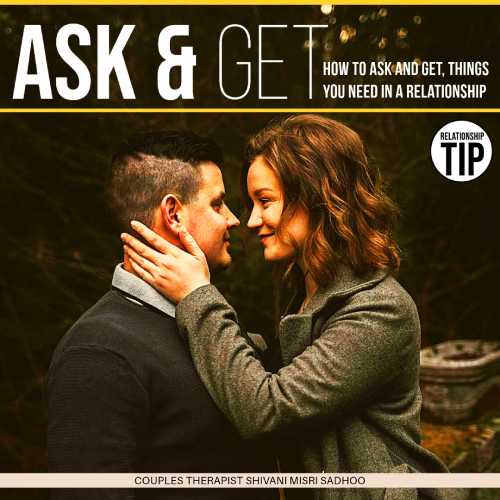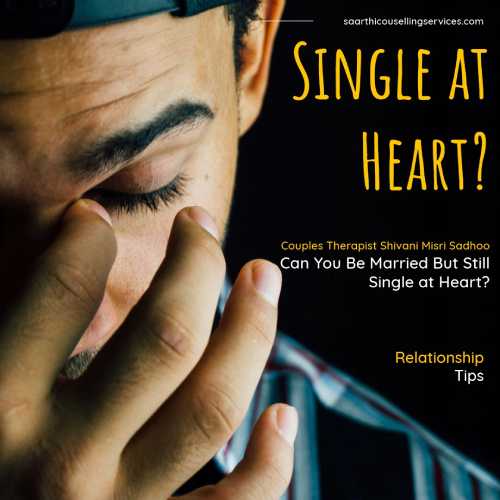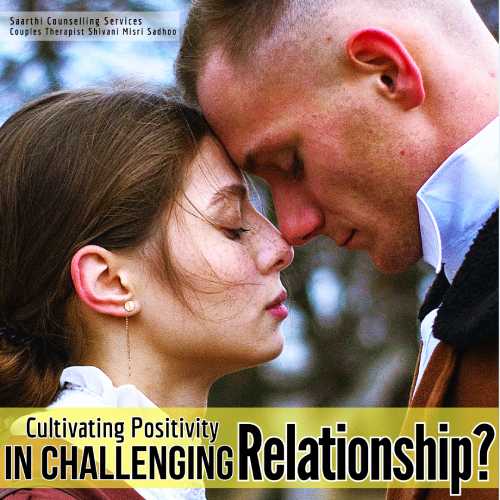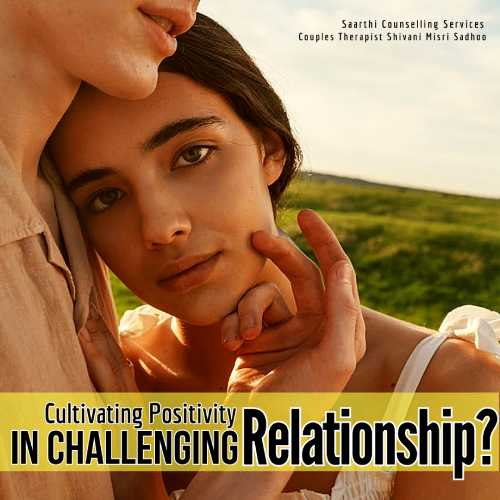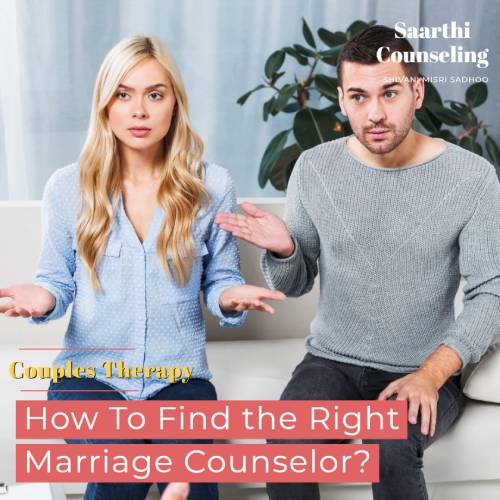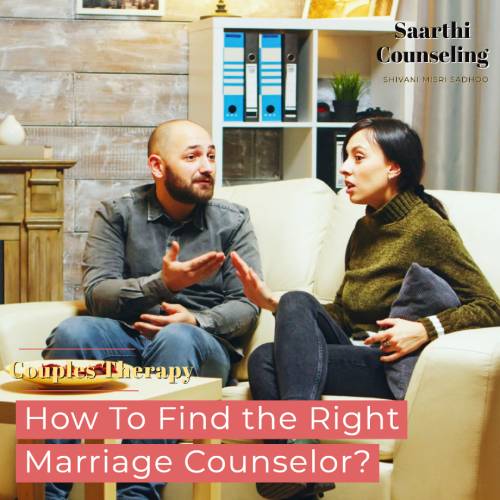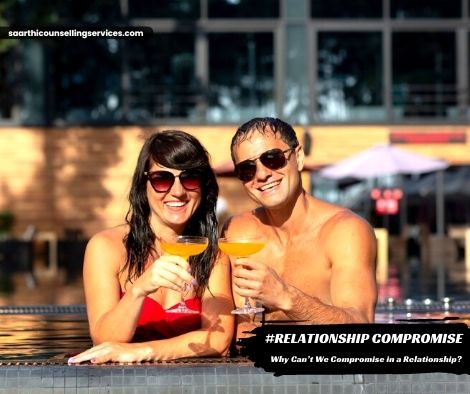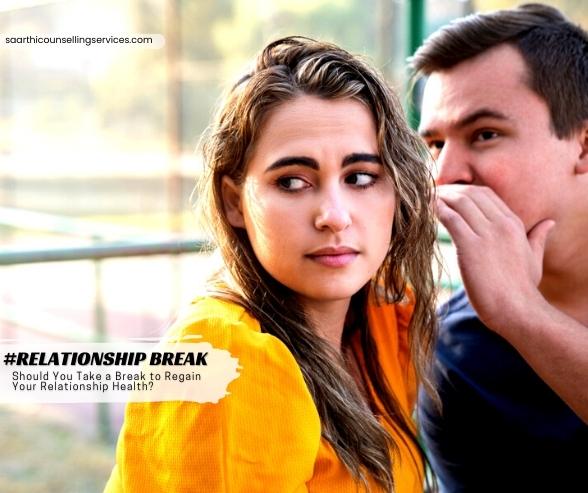Why is it that finding love often feels like stumbling through a maze blindfolded? We all have our preferences, our checkboxes, and our ideal visions of a perfect partner. Yet, despite our best efforts, we often find ourselves making mistakes along the way.
What kind of mistakes do we make while looking for love?
Let’s get to know about the same from India’s leading marriage counselor, Shivani Misri Sadhoo in this blog.
Having Great Expectations
Perhaps one of the biggest mistakes people make when searching for love is having oversized expectations. They hope for a fairy-tale romance without any hiccups. But always remember that real relationships require effort. We often pressure ourselves to find love by a certain deadline and rush to advance to the next stage within a specific timeline.
However, each relationship and person is unique, so our expectations going into dating shouldn’t be the same for everyone we meet; everyone is on their own path. Instead of imposing deadlines, we should be open and accepting of ‘what will be, will be’ and enjoy the moment. Putting pressure on ourselves takes away the fun and thrills that dating can offer.
Impatience
There’s no point in rushing into relationships as they often lead to trouble. It’s tempting to dive in headfirst, but ignoring red flags can spell disaster. Patience is key; good things take time. Let things evolve naturally, truly understanding your partner and their values before making big commitments. Chemistry trumps passion for longevity. A strong connection ensures a healthier, longer-lasting relationship. So, take it slow and let love blossom at its own pace.
Focusing on External Appearance
Sometimes, on our quest for true love, we get caught up in the glitz and glamour of external appearances, forgetting to delve deeper into the essence of the person we’ve fallen for. It’s easy to be drawn in by good looks or charm, but true connection lies in understanding and appreciating the inner beauty that defines a person.
By solely focusing on superficial qualities, we risk missing out on the qualities that truly matter – kindness, empathy, intelligence, and shared values. These are the qualities that create a strong and enduring bond, making the pursuit of superficial attributes a big mistake in the search for genuine love.
Lack of Self-awareness
Another mistake people often make while looking for true love is neglecting to understand themselves. Failing to delve into self-discovery and grasp their values, goals, and desires from a relationship can hinder the journey toward finding genuine love. It’s essential to explore one’s own love stories, identify the qualities and traits that resonate with them, and understand their patterns of thought and behavior in relationships.
Without this self-awareness, individuals may struggle to make informed choices when selecting potential partners, resulting in incompatible relationships. Understanding oneself better empowers individuals to navigate the complexities of love and make decisions aligned with their long-term vision for a fulfilling relationship.
Seeking Validation
Are you in search of true love only because you want to feel important or to be noticed? Seeking validation from friends, family, or a partner is a big mistake. It leads to unhealthy dependency and unhappiness. True love should complement your life, not define it entirely. Before searching for love, love and fulfill yourself first.
Seeking external validation can lead to low self-esteem. You might start relying on others’ recognition and approval to feel good about yourself. Over time, you could lose sight of your own value and strength.
Overlooking Red Flags
When you’re in search of true love, ignoring red flags is a significant mistake. These warning signs, such as inconsistent behaviour, lack of communication, or unresolved issues from the past, indicate underlying problems or compatibility mismatches that can lead to future turmoil and heartbreak. By overlooking these signals, you risk wasting time and emotional energy on relationships that may not be right for you.
It’s crucial to pay attention to your intuition and address red flags early on, as they can protect you from entering into unhealthy or unfulfilling connections. Recognizing and addressing these warning signs allows you to make informed decisions, fostering healthier relationships built on trust, respect, and mutual understanding.
There are more aspects to consider when seeking love, but avoiding common mistakes like unrealistic expectations and ignoring red flags can pave the way for genuine, fulfilling connections. Remember, patience, self-awareness, and authenticity are key to finding lasting love.


